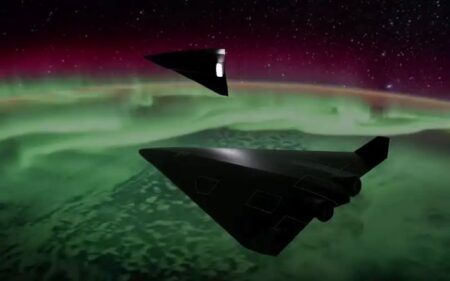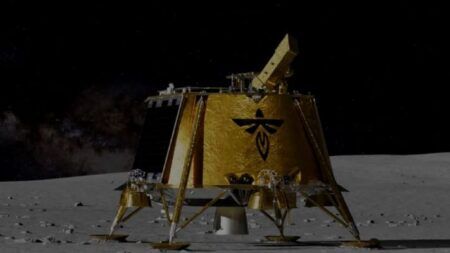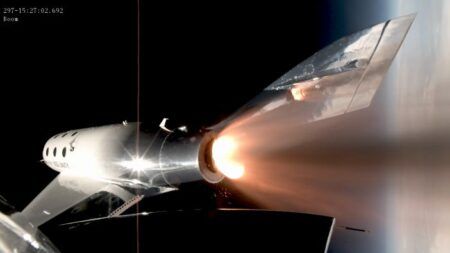Airbus has successfully tested the dispenser structure that will hold twin satellites GRACE-FO (Gravity Recovery and Climate Experiment Follow-On) as they are launched.
The dispenser was developed by Airbus in Spain, a specialist in multi-payload structures for multiple launches, for the German Research Centre for Geosciences (GFZ) in Potsdam. The structure was developed in less than a year, in classical configuration. It features a central carbon fiber cylinder with the satellites held in place by four hold-down and release mechanisms, each with springs, connectors, and the necessary harnesses. The test looked at mechanical and electrical compatibility between the satellites, the dispenser, and the launcher.
The satellites are being developed and manufactured by Airbus (Friedrichshafen) on behalf of NASA’s Jet Propulsion Laboratory (JPL). Based in Pasadena, California and managed by Caltech on behalf of NASA, JPL will partner with GFZ to send both GRACE-FO research satellites into a polar orbit at an altitude of around 500km, 220km apart. This is a follow-on to the GRACE mission, which has been successfully operating since 2002. Both satellites will continually take precise measurements of their separation distance, which changes depending on the Earth’s gravity, thus enabling scientists to map the Earth’s gravitational fields.




